All 72 EFL Clubs and Club Community Organisations will showcase activity, with EFL players and managers joining participants across England and Wales, including:
• Wigan Athletic hosting a football session for Afghan refugees
• Bolton Wanderers supporting local young adults at risk of offending
• Cardiff City’s project that supports Armed Forces Veterans who are at high risk of social
isolation and loneliness
• Blackpool conducting garden gate visits to isolated members of the community
• Sheffield Wednesday’s programme for families who are in refuge housing
• Portsmouth hosting an amputee football session
• Coventry City supporting older adults with dementia or cognitive impairments to get active
• Luton Town will be hosting four individual Fit Fans sessions throughout EFL Week of Action.
For our part the Community Foundation Team, along with Faye Butler, our head of women’s football, will be attending a Wildcats session at Cheam Goals on Monday with Foundation Chairman Duncan Muller as main coach, with a 20 minute game and interviews with the players about what they enjoy about Wildcats, which offers girls aged 5-11 a chance to try football for the first time and provide regular opportunities to play.
On Wednesday morning the Community Team will again be at Cheam Goals for a walking football session.
Using the power of football, EFL Clubs and Club Community Organisations (CCOs) collectively invest
over £59m in their communities every year, engaging with some of the most vulnerable members of
society.
In 2021, EFL Clubs and CCOs were recognised at both the Leaders Sports Awards and Sports
Business Awards for the important and unique role they played in supporting their local communities
during the pandemic.
Rick Parry, Chair of the EFL, said: “EFL Clubs are embedded in the towns and cities from which they
take their name and this bond is strengthened by the life changing initiatives they run across England
and Wales every single day. The EFL Week of Action is an opportunity for us to celebrate this
invaluable work and demonstrate the remarkable difference clubs have on their communities away
from the pitch.”
Liam Scully, Chair of the EFL Trust, said: “Clubs’ work in their communities happens on a huge scale
day in day out and directly aligns with priorities for the people in our communities both locally and on a
national scale. The hours that are committed by our Club and Community Organisation teams and volunteers
demonstrates an unwavering commitment to improving lives up and down the country and building
stronger, healthier more active communities.”
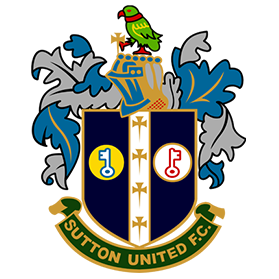
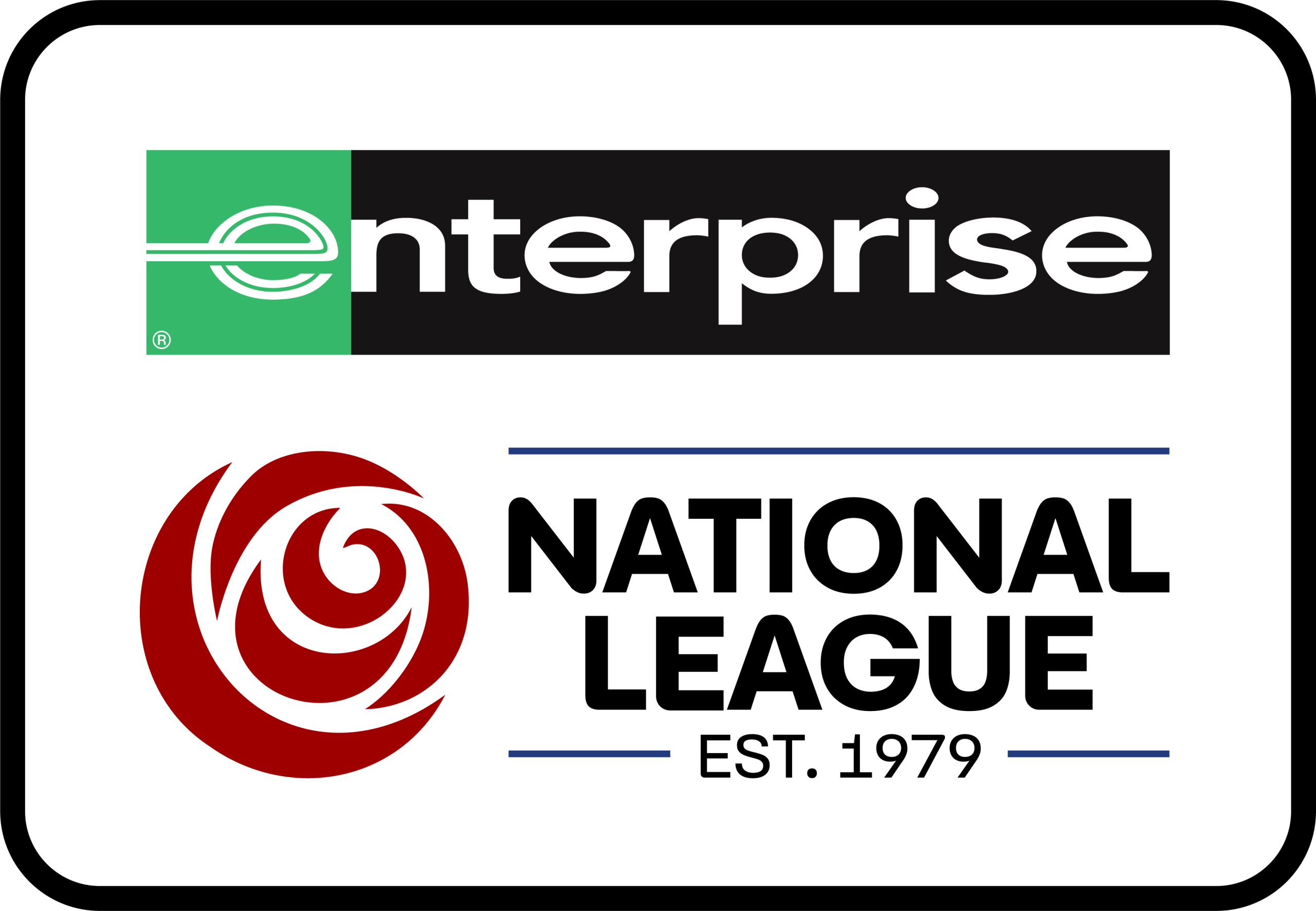


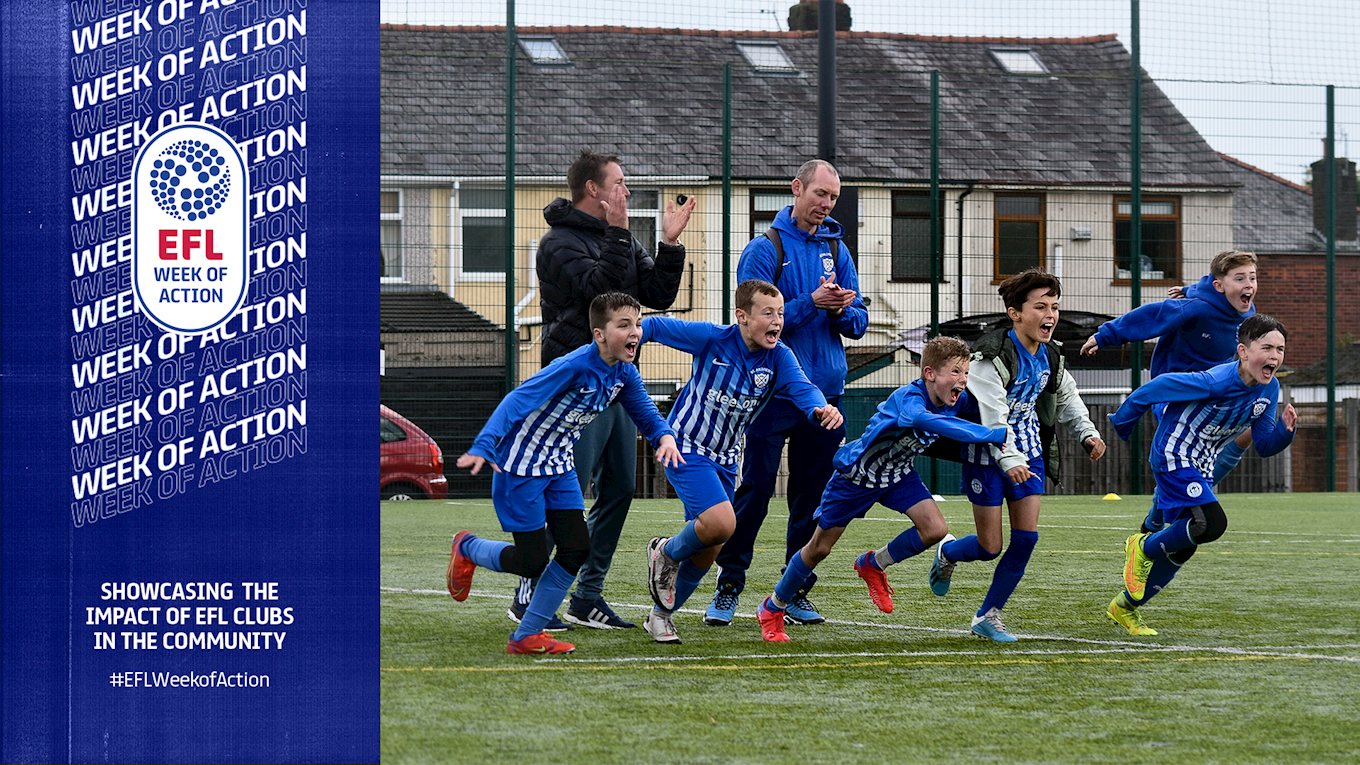
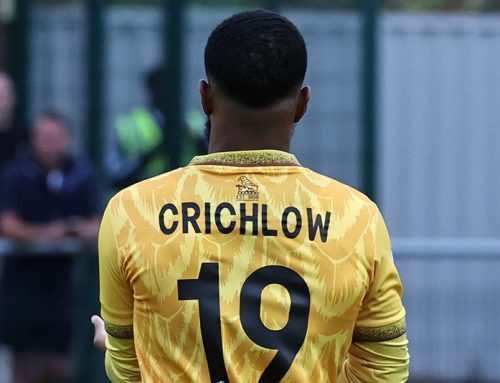
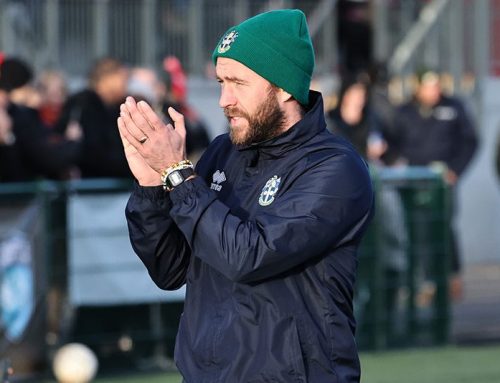
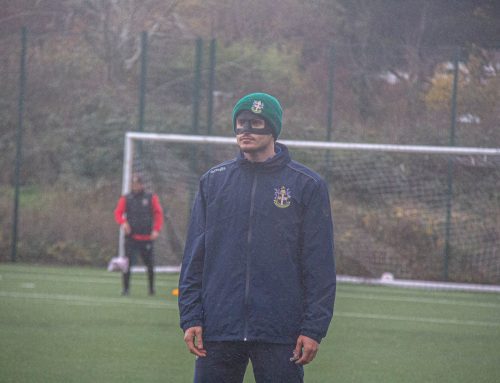
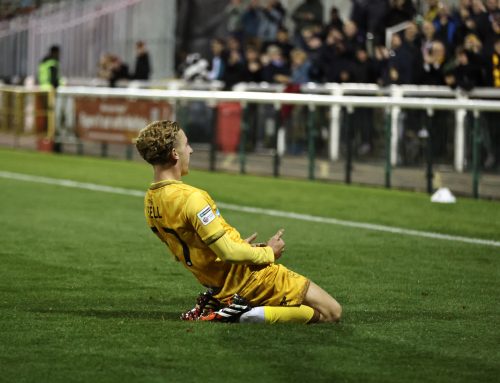

















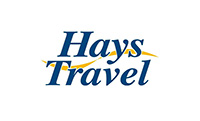









Leave A Comment
You must be logged in to post a comment.